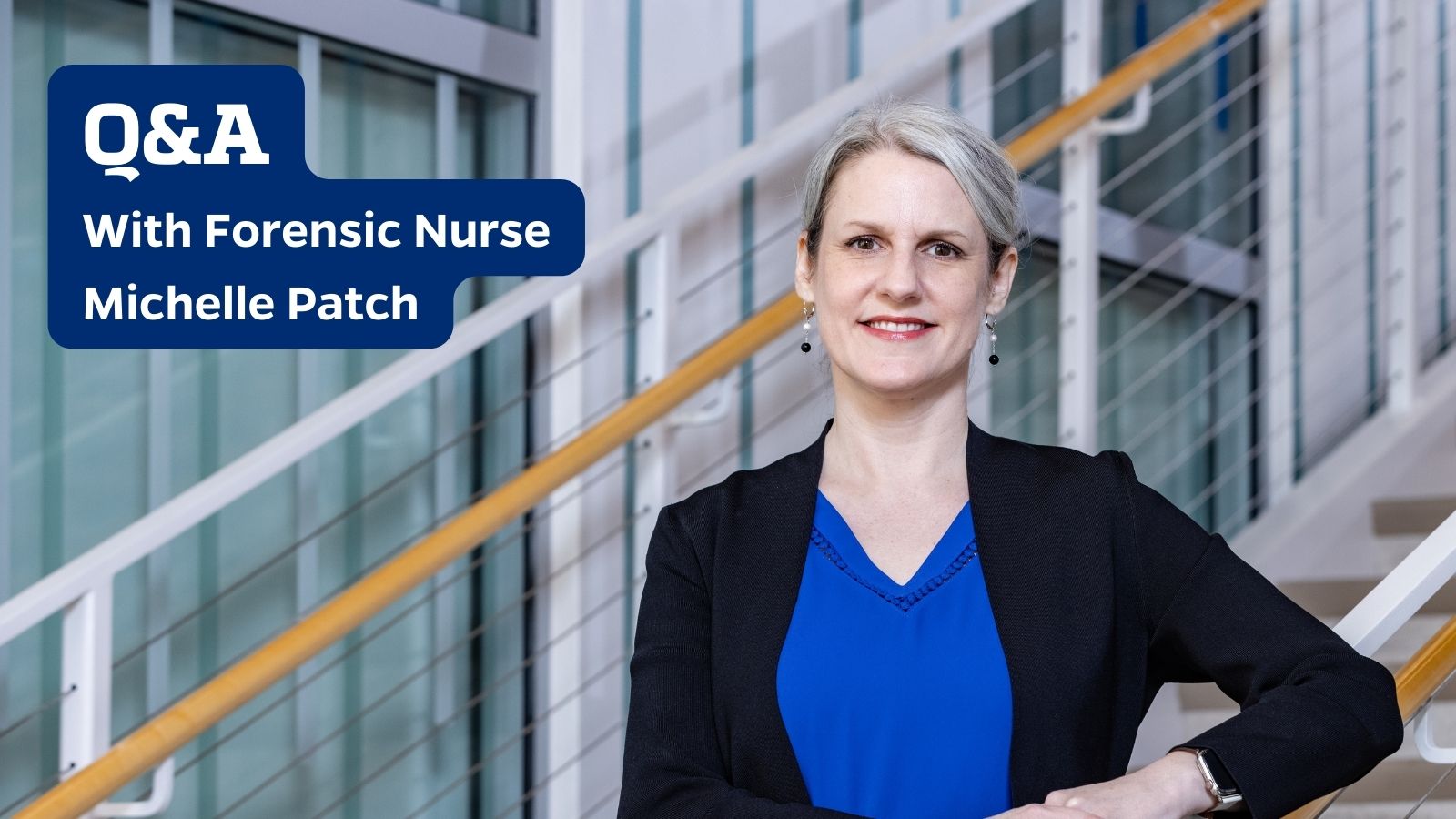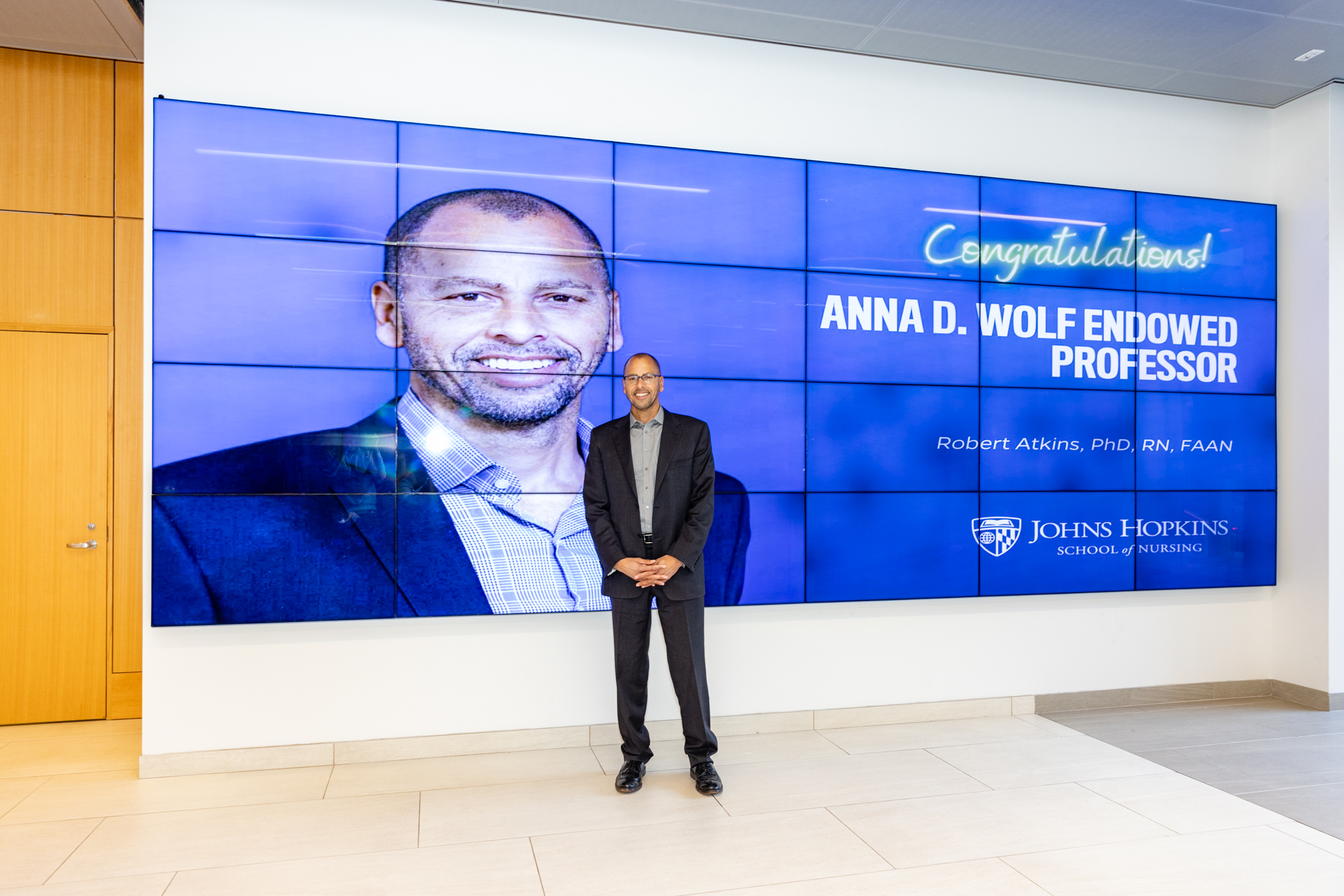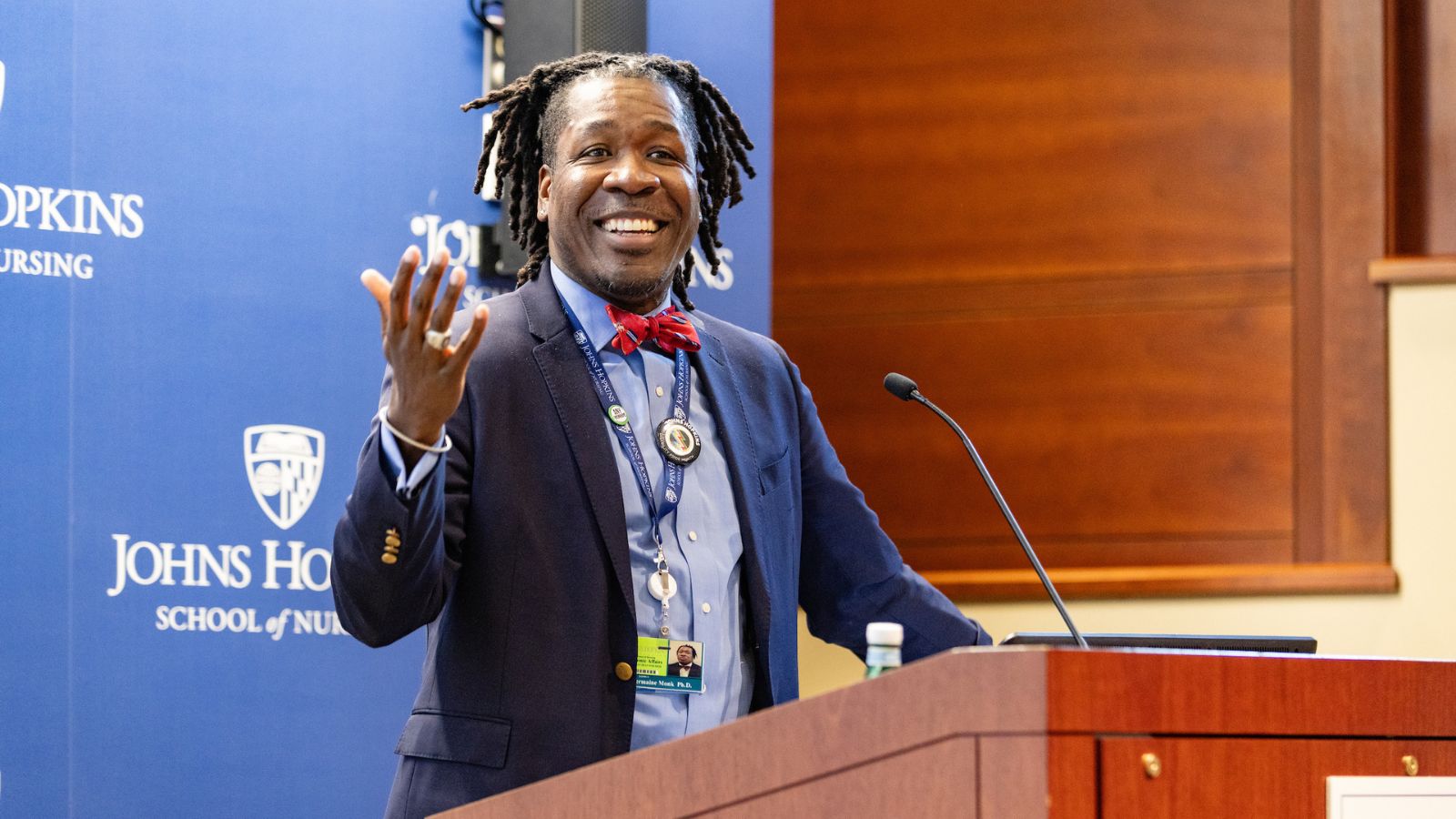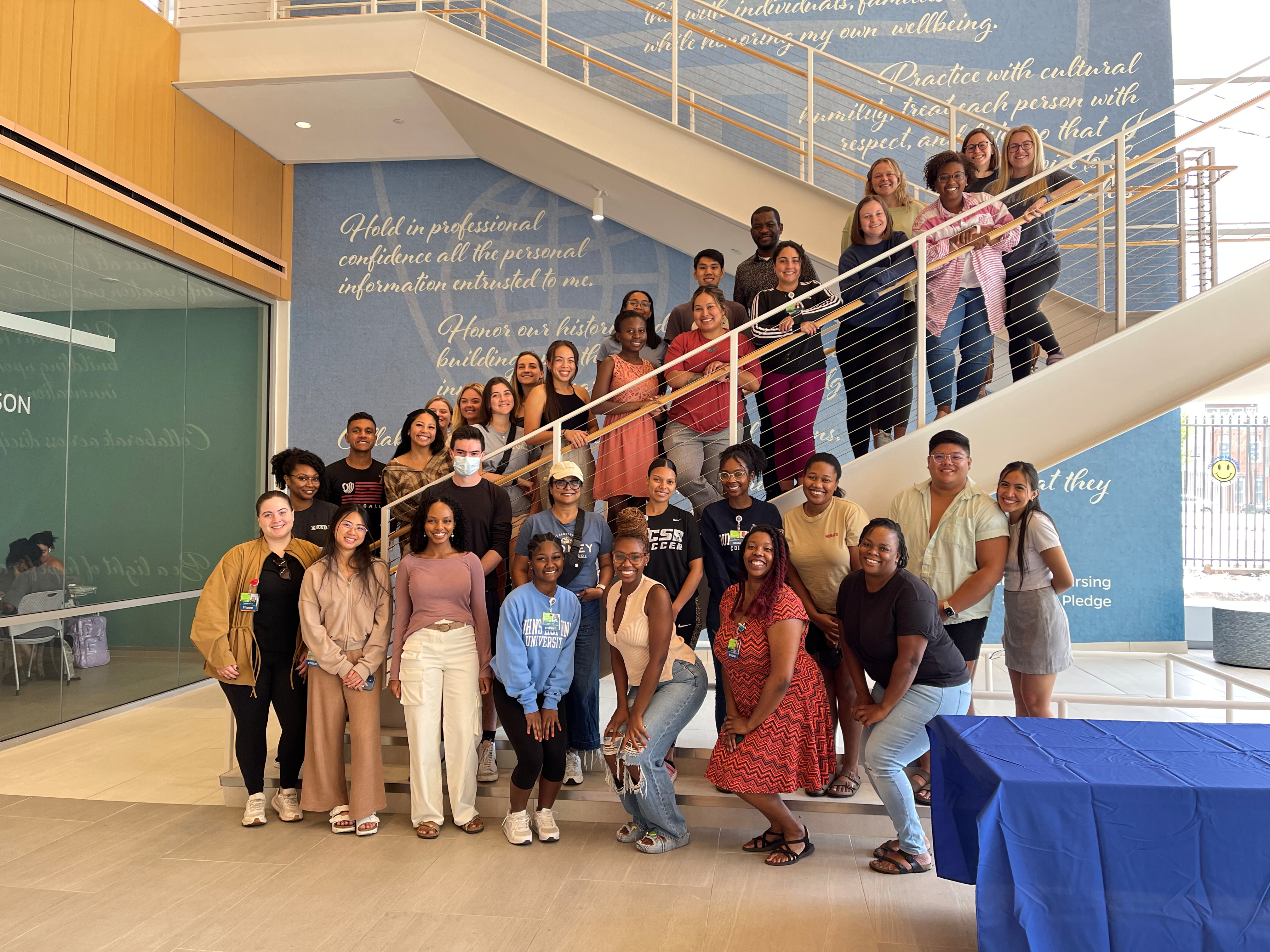 The title of this entry sums up the trip out to the village for the mobile clinic and back on Saturday. It is dry season here in DR Congo, and the roads are red clay and rocks that make quite a dust trail with each truck or car. The dust becomes so bad that at times visibility is limited to a few feet and all the windows must remain closed … and even then my gray hair turns red from the dust.
The title of this entry sums up the trip out to the village for the mobile clinic and back on Saturday. It is dry season here in DR Congo, and the roads are red clay and rocks that make quite a dust trail with each truck or car. The dust becomes so bad that at times visibility is limited to a few feet and all the windows must remain closed … and even then my gray hair turns red from the dust.
Also given the rocks and ditches in the roads, it is quite the bumpy ride. My colleague Paul Ramanzani was driving one of our team’s 4x4s with clinic team members, and the vehicle would not start after a quick stop at a village health center. So Paul’s wife, Dr. Mafille Tosha, ran back to the clinic and returned with IV tubing. I knew then that I was about to see the famous Congolese creativity in solving problems. I joined Paul and Mafille at the vehicle to watch Paul use the tubing to tie the battery in place … because it was being jostled about on the roads, the battery connection had been loosened. The tubing worked and we made it to the next village for the clinic.
After finishing the clinic, we started our trip back along the dusty road. Our goal was to make it to the village of Mugogo by 5 pm, before the open air market (imagine the ultimate farmer’s market) closed for the day. The women on the team wanted to buy chickens for Sunday dinner; the chickens are $5 or $6 in the village and $8-$10 in Bukavu City. We just made it to Mugogo and I got to watch some furious negotiation over the price of a chicken.
Unfortunately, when the villagers see a Muzungu (white person), they often raise the price of the product. My colleagues work the negotiations (walking away many times) until the price comes down to what they want to pay – they got 9 chickens for $50.50. So we loaded up 9 live chickens in the back of the vehicle. I have to admit that it is the largest number of chickens I have had in a vehicle when driving.
As we continued on our way, my Congolese colleagues started to tell stories of how they met their husband or wife. The stories had all the makings of good romance novels, including family rejection because the future husband or wife was from the wrong religion, the wrong area of the country or the wrong tribe. One of my colleagues, Dr. Biki, told a story of an 8-year romance with her now-husband whom she met while at university, how her father would not speak to her because she was dating and planning to marry someone from outside her region and religion. She told of what she had sacrificed in terms of family to marry … she was telling her story in French and then in perfect English … she said to me “the power of love.” Everyone in the vehicle burst into laughter and started to plan for the writing of Dr. Biki’s romance novel.
Sharing stories and laughter helps us all deal with the difficult work of providing healthcare to survivors of horrific human rights violations. It brings us closer together in our objectives to help rebuild lives and families in rural DR Congo. I feel so lucky to be here.
 Forging Policy: How Can Doulas Improve Black Maternal Health?
Forging Policy: How Can Doulas Improve Black Maternal Health? Q & A With Forensic Nurse, Michelle Patch
Q & A With Forensic Nurse, Michelle Patch Dr. Robert Atkins, Anna D. Wolf Endowed Professor
Dr. Robert Atkins, Anna D. Wolf Endowed Professor Forging Policy: Associate Dean Jermaine Monk and Education After Affirmative Action
Forging Policy: Associate Dean Jermaine Monk and Education After Affirmative Action The Learning Collaborative: ‘I Think I Can, I Think I Can …’
The Learning Collaborative: ‘I Think I Can, I Think I Can …’






